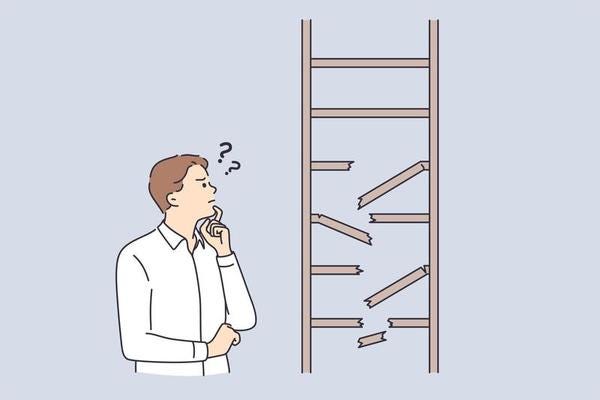It’s time for Plan B, Mayor Wilson
Northwest Examiner editorial
Neighborhoods are expected to accommodate overnight homeless shelters in their midst as the first step in overcoming the city’s most vexing crisis. Inserting enough of these shelters would fulfill Mayor Keith Wilson’s core campaign promise to eliminate unsanctioned camping within his first year in office.
But providing overnight shelter will not end outdoor camping nor rid public spaces of its impacts. Tents represent a home base for people living outdoors, not merely camping equipment to be packed up at sunrise. Tents endure because they may contain all of their owner’s worldly possessions and provide privacy they coveted for purposes good or ill.
Even with overnight shelters, our streets will have the same chaos, crime, dangers and types of behavior we now see every day and evening. Getting people out of sight after dark may even do less to improve the public realm than day shelters would.
Some minimize the presence of homeless people and their effects as an aesthetic issue—offensive to some eyes but only as a matter of taste. I differ. Looks can kill. The sight of trashy encampments, scary people, used needles and excrement on the sidewalk spells death to retailing and restaurants, the harbinger of urban decline. Shoppers and neighbors avoid such areas, allowing crime, vandalism and garbage to proliferate. Drug activity flourishes beyond the eyes of responsible citizens.
When retailers fail, they leave behind a dead zone taken over by destructive and lawless behavior, spreading the blight in a vicious cycle.
But the most destructive consequences may be invisible … for a time. Property devalues and investment withers. The city’s largest buildings—Big Pink, Montgomery Park, Ritz-Carlton, Broadway Tower—are falling into bankruptcy or selling for around 10-15 percent of their peak value. Major retailers, such as REI, have left. Smaller ones are failing too fast to keep count. Our major central city supermarkets are in jeopardy of closing. Many condominium owners want to move away but find they must sell for substantially less than they paid. Tax revenues decline in sync. ECOnorthwest called it a doom spiral, which is apt.
Wilson recognized the immensity of the crisis and promised to bring it under control. But his first action is seen as only making matters in the heart of the city worse. He claims shelters will improve the safety and livability of the surrounding neighborhoods—citing crime rates to prove it—but few trust the numbers or his perceptions.
Almost a century ago, President Franklin Roosevelt faced a similar situation on the national level. The country was in a financial crisis that he had promised to fix. FDR attacked the problem with an array of programs to stimulate the economy and create jobs. Some of the programs failed and were abandoned, but most moved the country and the lives of the people in the right direction.
Humans will endure great deprivations if they believe things are getting better, particularly if they can grasp a grand plan at work. FDR may not have ended the Great Depression, but he set the country on an upward path and the people believed in him, handing him four terms by landslide margins.
Wilson, by contrast, offers a brittle plan, the first step of which must be completed before ensuing steps and visible change can begin. Only at the end of a multiyear effort will it be possible to measure whether homeless people have made personal recoveries, overcome addictions, found stable housing and employment and left the streets. Only then, if all goes well, might recovery begin and we can get our city back again.
Wilson has little political capital left. What he has, however, are personal qualities—likability, humility, respect for others and the capacity to learn—that Portlanders admire. When strong leaders see that their Plan A stumbles, they move to Plan B. Good citizens who love our city will endure missteps if adaptations follow.




Mr. Classan’s diagnosis is spot on. What he did not say — and needs to be said for those who have forgotten — is that the City, County, and State as well as private enterprises poured billions of dollars into building the infrastructure, buildings, and amenities that now comprise the Pearl District. And to casually flush these investments down the drain in the interest of providing a homeless shelter for a small number of individuals, which is opposed by the vast majority of local residents and businesses for good reason, is simply poor governmental policy.
Excellent points. There’s at least one I’d disagree with. Mayor Wilson clearly demonstrates a lack of respect for his constituents. Hiding details about this shelter and not even sharing about his plan initially with us does not show respect. He has refused to show up to neighborhood meetings to hear and discuss our concerns, instead fast-tracking his destructive plan with absolutely no concern for our neighborhoods and residents. He has betrayed us, demonstrating a lack of leadership ability and respect.